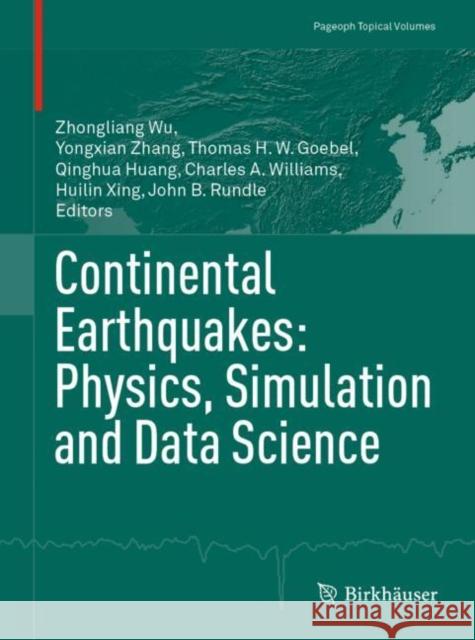Continental Earthquakes: Physics, Simulation and Data Science » książka
topmenu
Continental Earthquakes: Physics, Simulation and Data Science
ISBN-13: 9783030766900 / Angielski / Miękka / 2022 / 530 str.
Kategorie BISAC:
Wydawca:
Birkhauser
Seria wydawnicza:
Język:
Angielski
ISBN-13:
9783030766900
Rok wydania:
2022
Wydanie:
2021
Numer serii:
000034741
Ilość stron:
530
Oprawa:
Miękka
Wolumenów:
01











